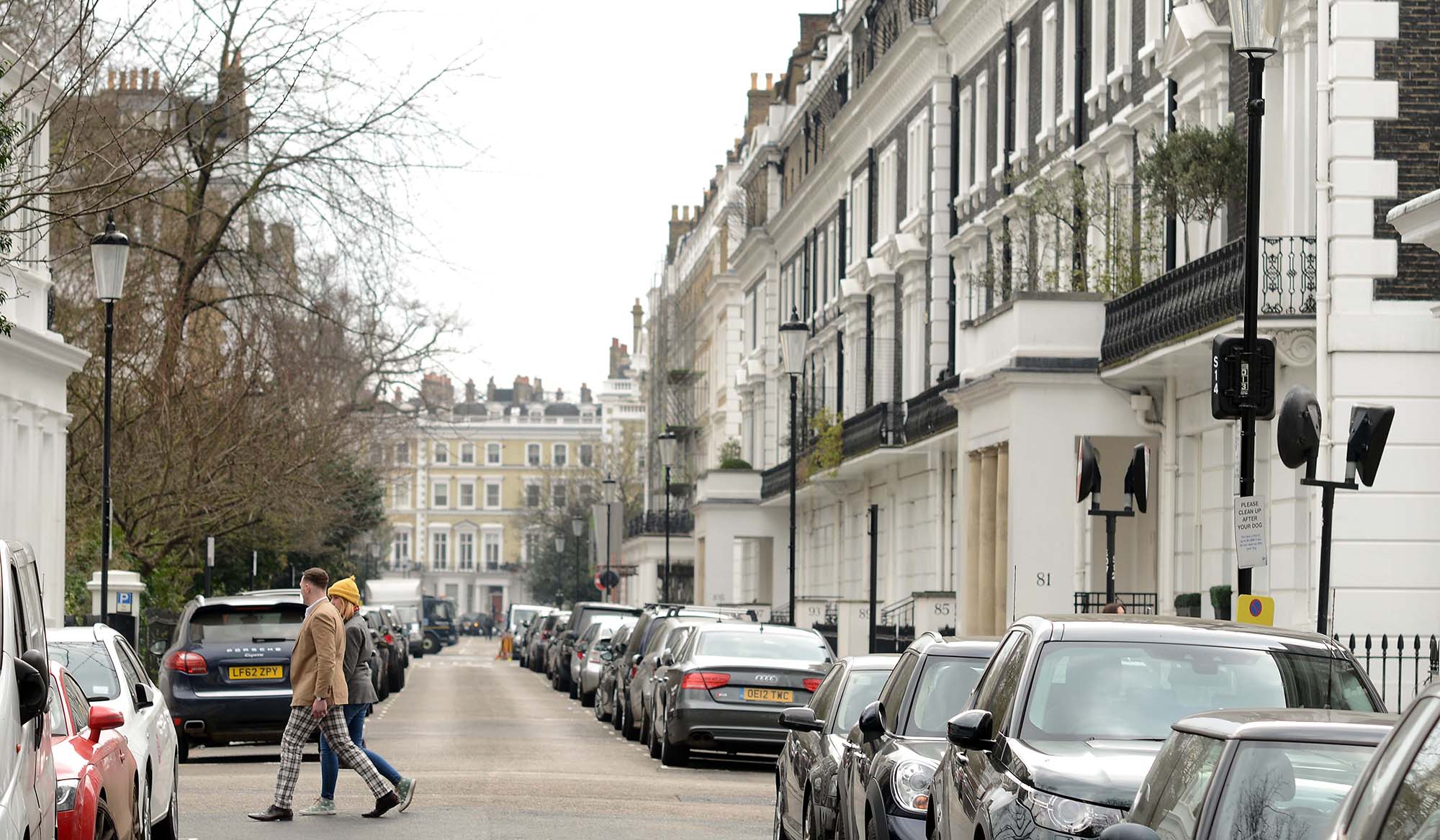Your support helps us to tell the story
From reproductive rights to climate change to Big Tech, The Independent is on the ground when the story is developing. Whether it's investigating the financials of Elon Musk's pro-Trump PAC or producing our latest documentary, 'The A Word', which shines a light on the American women fighting for reproductive rights, we know how important it is to parse out the facts from the messaging.
At such a critical moment in US history, we need reporters on the ground. Your donation allows us to keep sending journalists to speak to both sides of the story.
The Independent is trusted by Americans across the entire political spectrum. And unlike many other quality news outlets, we choose not to lock Americans out of our reporting and analysis with paywalls. We believe quality journalism should be available to everyone, paid for by those who can afford it.
Your support makes all the difference.Labour is to examine proposals for a Land Value Tax (LVT) as a possible replacement for council tax and business rates, the party’s manifesto says.
Land value taxes are paid by landowners on the unimproved rental value of their land. They are recommended by many economists – ranging from Adam Smith to the Institute for Fiscal Studies – because they are considered to be economically efficient.
Land ownership is highly concentrated in Britain, with 432 people owning half of all private rural land. One man, the Duke of Westminster, owns 133,199 acres, including 300 acres in central London.
As a result, a move to LVT could see a dramatic shift in property taxation towards wealthy property barons, with most people getting a cut.
The Independent understands that the party are also interested in LVT as a means of encouraging developers to bring vacant or undeveloped land into use to address Britain’s housing crisis.
Taxing land does not discourage any desirable activity – such as work – and increases in its value accrue through not effort of the owner.
Land is also in fixed supply, meaning taxing is does not make it more scarce. It is almost impossible to avoid such taxes, which are also thought to be difficult to pass on to tenants.
The Labour manifesto says: “We will initiate a review into reforming council tax and business rates and consider new options such as a land value tax, to ensure local government has sustainable funding for the long term.”

Dave Wetzel, president of the Labour Land Campaign, said: “This is an example of Jeremy Corbyn's Labour Party not only listening to us but also other economists across the political spectrum such as the Institute of Economic Affairs, The Adam Smith Institute and the Institute for Fiscal Studies that have all advocated Land Value Tax.
“If Land Value Tax were to replace business rates all productive businesses would benefit, land speculators keeping homes and premises empty would transfer their wealth to productive investments that create jobs and house builders would release their land banks for building new homes at reasonable prices.”
In 2011 the respected think-tank the Institute for Fiscal Studies backed scrapping business rates and replacing it with a Land Value Tax.
“We are proposing to abolish the current system of business rates and replace it with a system of land value taxation, thereby replacing one of the more distortionary taxes in the current system with a neutral and efficient tax,” the institute’s Mirrlees Review said.
“Business rates are not a good tax – they discriminate between different sorts of business and disincentivise development of business property.”
In the most recent parliament Green MP Caroline Lucas brought forward a bill calling for a commission to look at replacing local government taxes with LVT.

Join our commenting forum
Join thought-provoking conversations, follow other Independent readers and see their replies
Comments